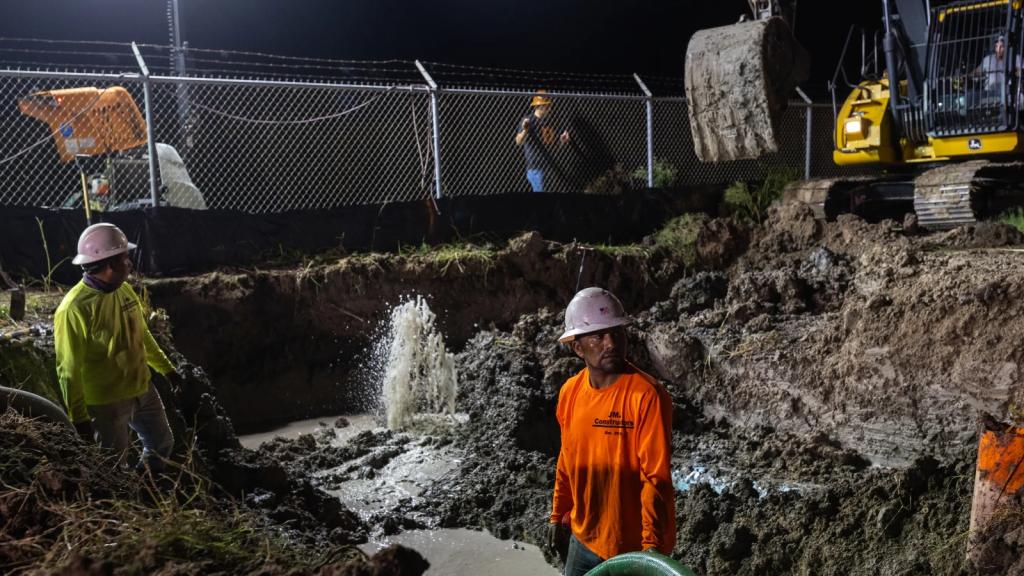Daphne Eviatar spells it out nicely in a Washington Post op-ed:
Take the example of the current bid by U.S.-Canadian corporation Glamis Gold Ltd. to mine the ore in Guatemala’s Western highlands. Local community and church leaders have vigorously protested the company’s plans to dig an open-pit gold and silver mine in the department of San Marcos. They contend that the mining process, which uses cyanide to extract gold from ore, could leach deadly toxins into the surrounding water supply. After construction began in 2004, the indigenous poor — who make up most of the region’s population and depend on scarce local water — began protesting the mine. They continued for months into this year, even though the government dispatched the military to quell the protests and local leaders reportedly received death threats.
In response to these health and safety concerns, the government of Guatemala could decide either to ban the cyanide process or to require the company to compensate surrounding communities for their risk. The vice president has said that the government wouldn’t do anything the people don’t want. But stopping the Glamis project now could be costly: Under CAFTA, the government of Guatemala could be liable for tens of millions of dollars.
How can a multinational corporation that objects to local environmental, health or safety regulations sue a national government? That license is provided under NAFTA. Once CAFTA is signed, it will provide the same right. In each case, a provision of the agreement allows a foreign corporation to sue a national government for money damages if it believes that the actions of the federal, state or local government in a given country are discriminatory, violate international law or can be considered — directly or indirectly — an expropriation of the company’s investment. If complying with an environmental regulation makes a project no longer worth the cost, a company can claim that its investment has been expropriated by the state.
A particularly cogent point from Eviatar:
The Bush administration has refused to sign the Kyoto Protocol to reduce greenhouse gases and the treaty creating the International Criminal Court on the grounds that these treaties threaten U.S. sovereignty. But when it came time to push for Congressional support of CAFTA and other trade pacts that compromise U.S. sovereignty for the benefit of big business, the administration’s concerns about the integrity of our legislative and judicial system had disappeared.
Seeking more info on CAFTA’s nastiness? Check out Citizens Trade Campaign, Sierra Club, and Friends of the Earth.


